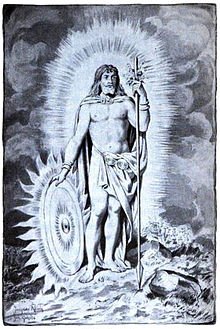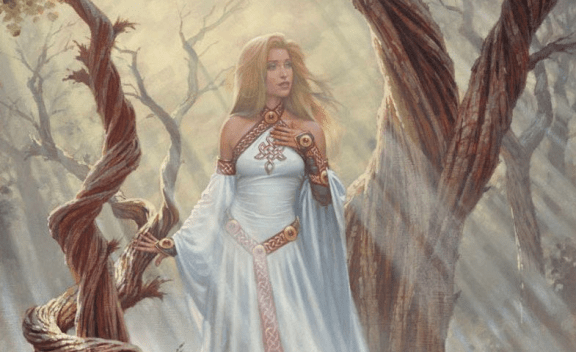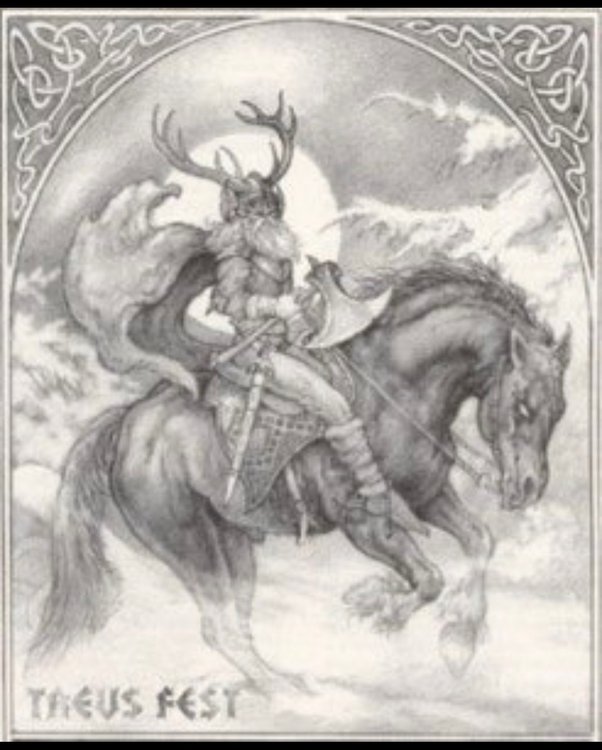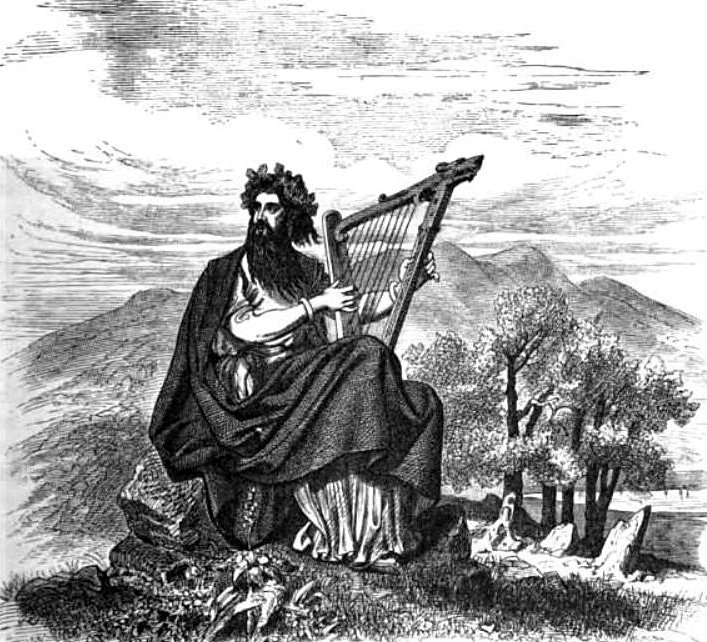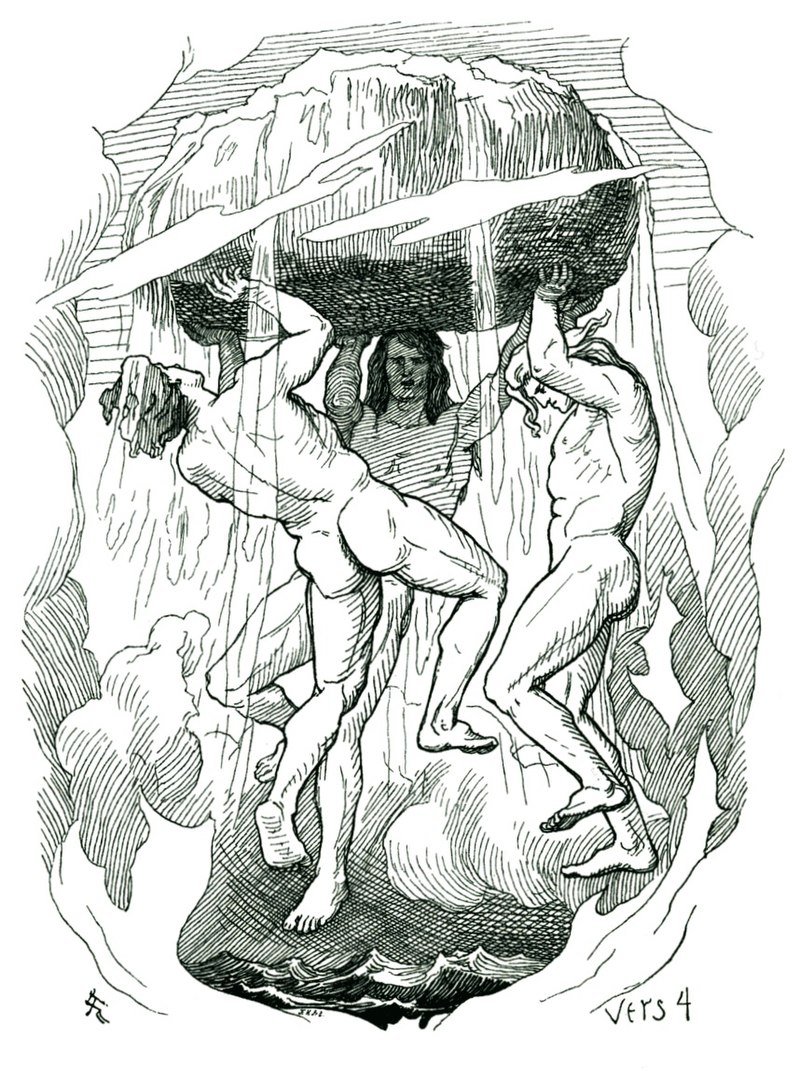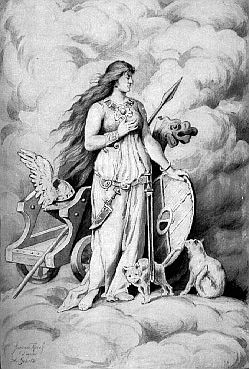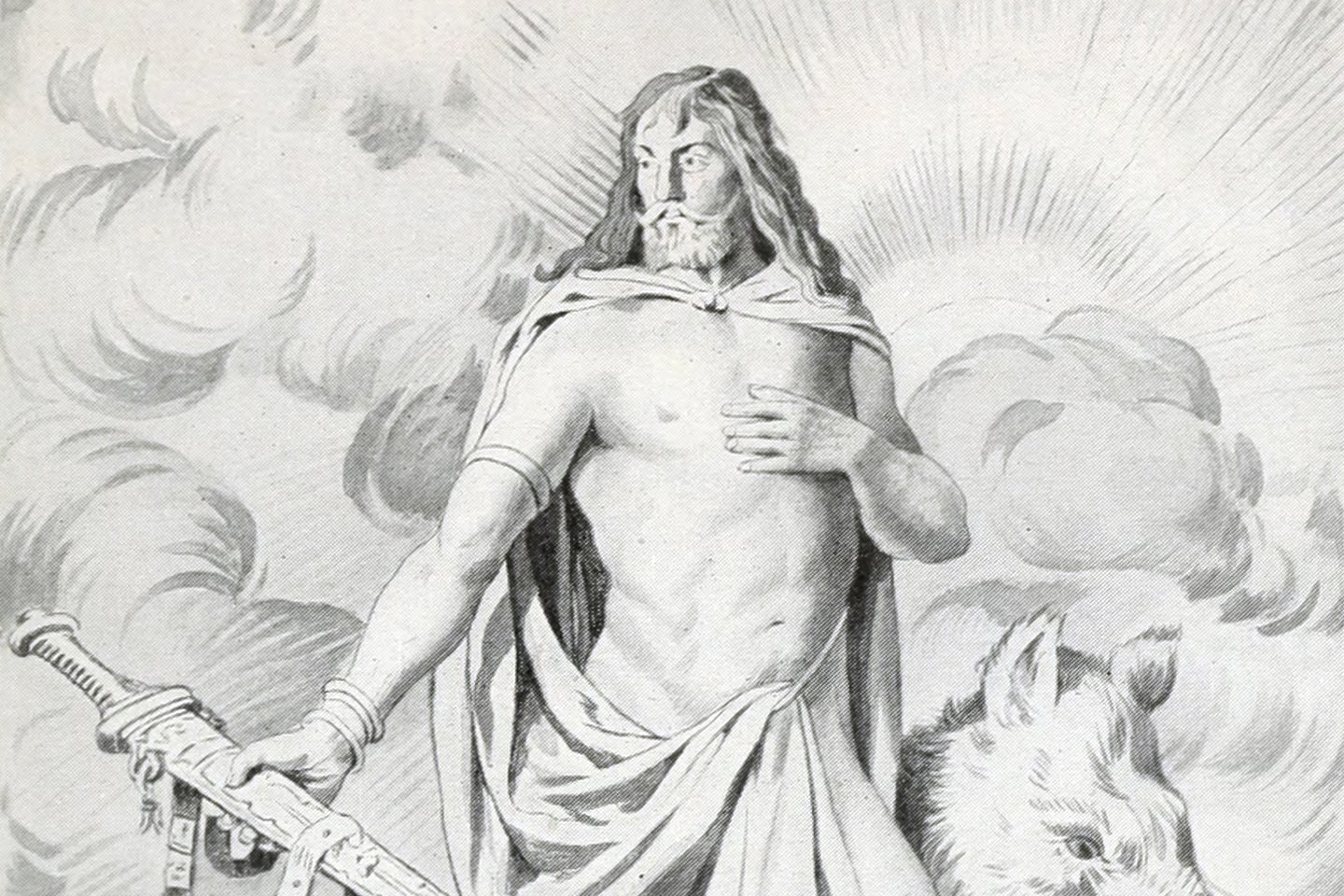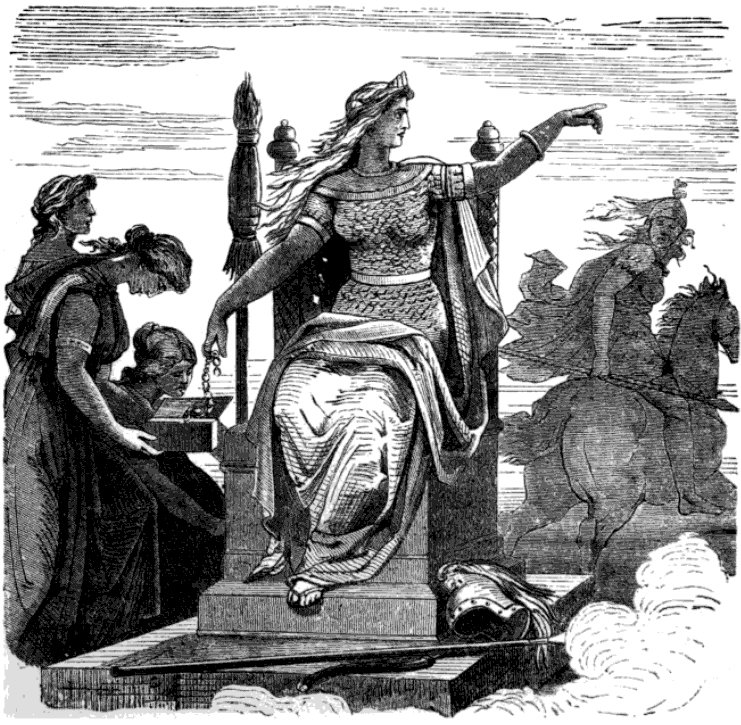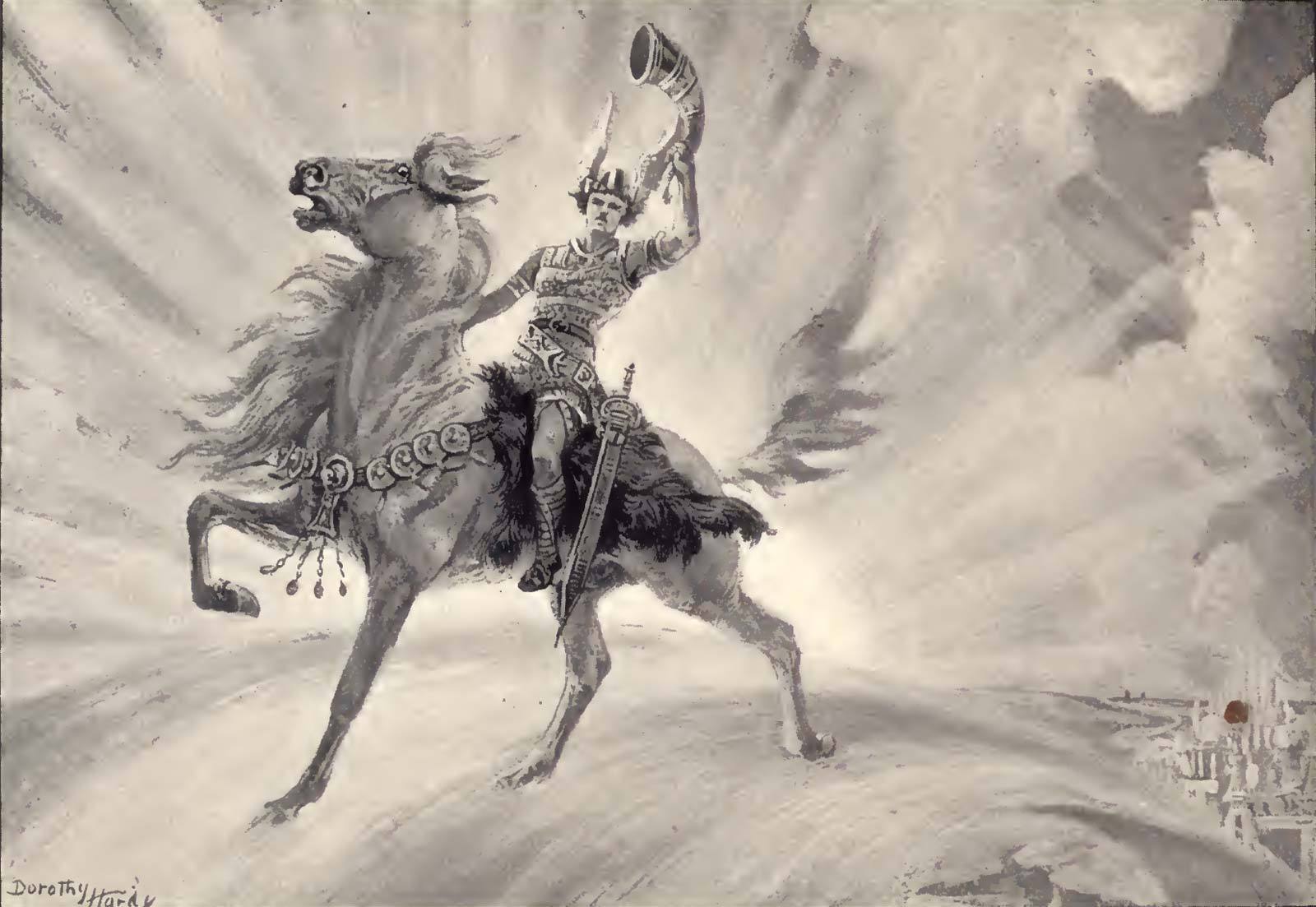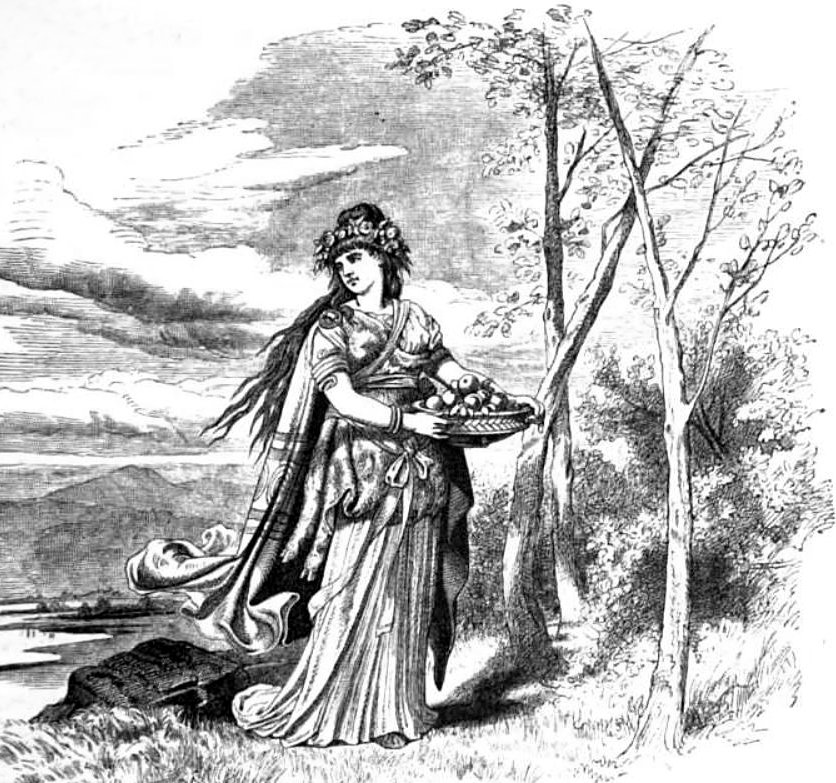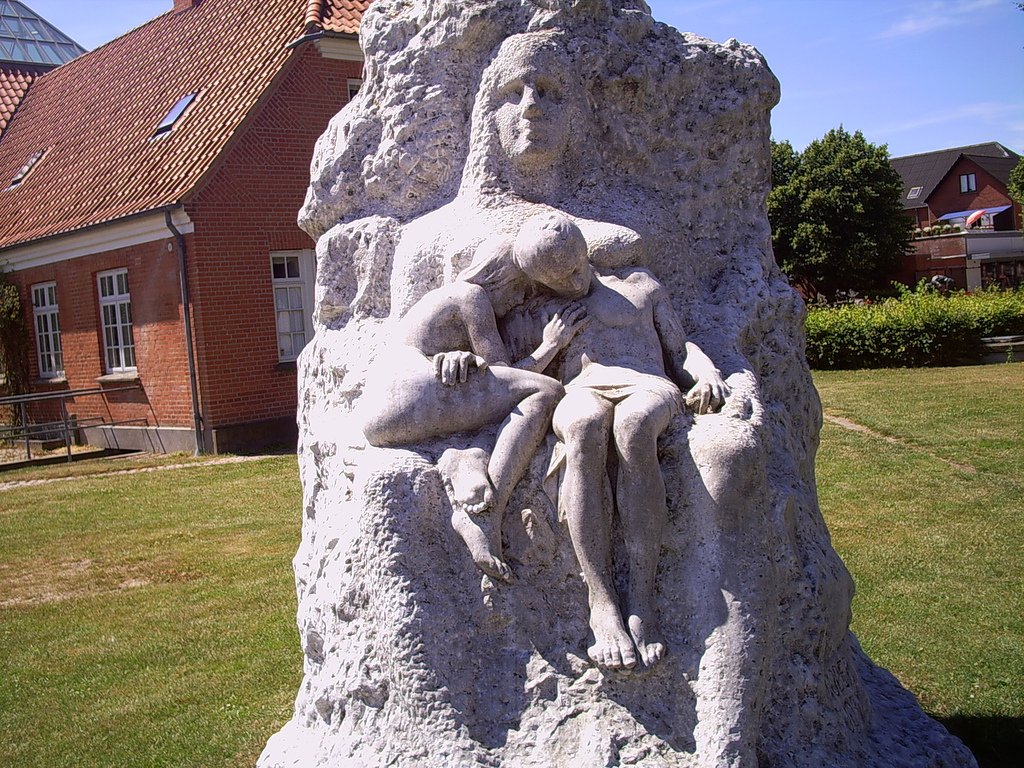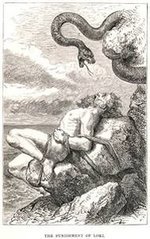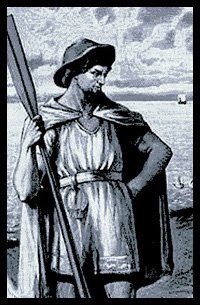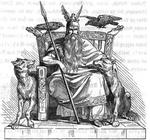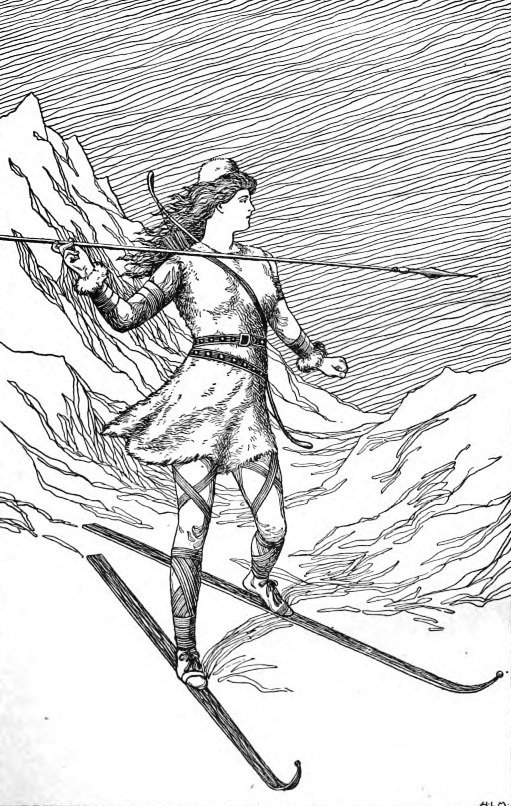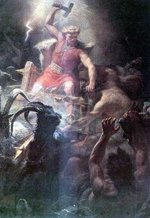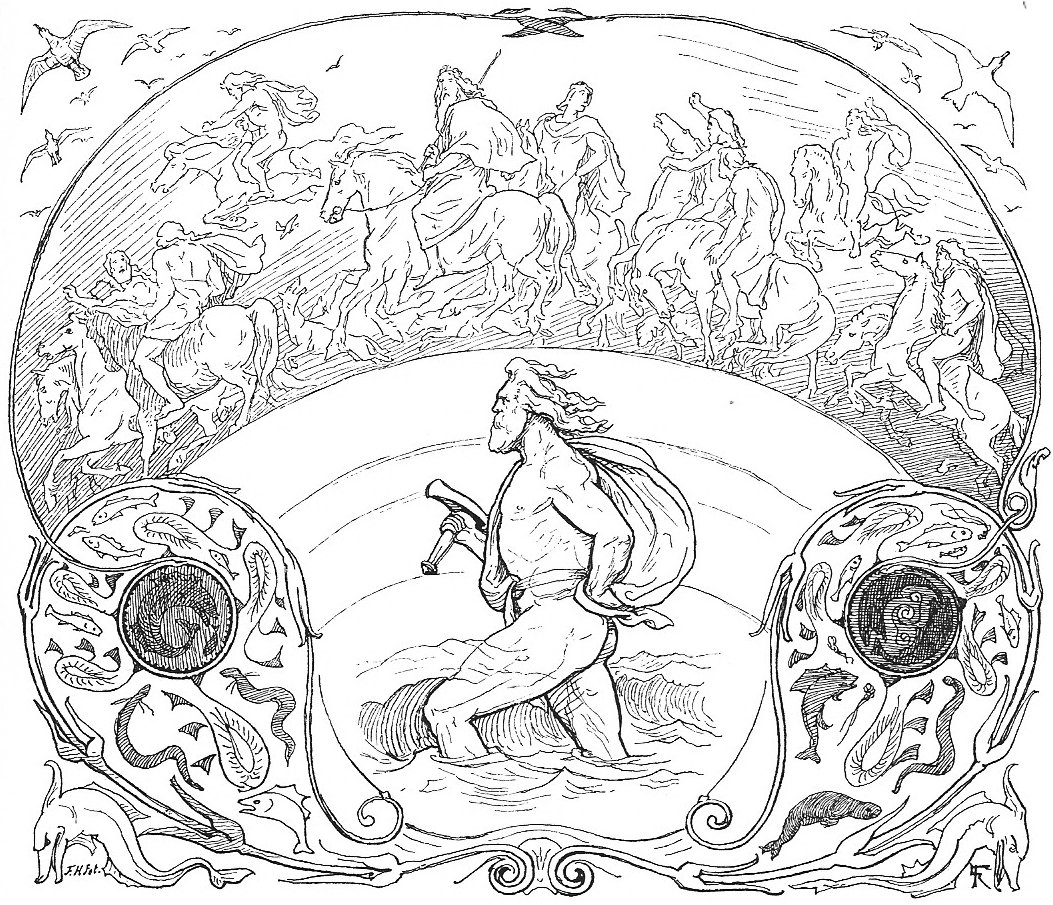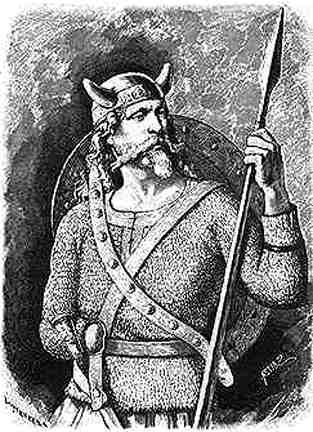Norse Mythology :: The Amazing Stories of the Viking Gods and Goddesses
Norse mythology is the name we give to the set of beliefs and stories that the Viking people told about their gods and goddesses, and the adventures they had in the nine worlds. The Vikings were people who lived in Northern Europe a long time ago, and they loved to explore and trade with other lands. They also loved to tell stories and poems about their gods and goddesses, who had amazing powers and personalities. The Vikings did not have a book or a scripture to write down their stories, but they passed them on from one generation to the next by speaking and singing.
When Did Norse Mythology Start?
Norse mythology traces its origins back to the early Germanic and Scandinavian people, with its roots likely extending as far back as the early Iron Age. The Viking Age, which spanned from the late 8th to the early 11th century, is when these myths and stories became more prevalent and widely shared. Despite the lack of a written scripture during this time, the rich oral tradition allowed the tales to be passed down from one generation to the next, with skalds (poets) and storytellers preserving the captivating narratives. It wasn't until the Christianization of Scandinavia that some of these myths were recorded in written form, such as in the Prose Edda and the Poetic Edda, two of the most important sources of Norse mythology.
The Gods and Goddesses of Norse Mythology
The gods and goddesses of Norse mythology belong to two main tribes: the Aesir and the Vanir. The Aesir are the gods of war, wisdom, and sovereignty, and they live in Asgard, the highest and most heavenly of the nine worlds that are connected by Yggdrasil. The most prominent of the Aesir are Odin, the chief god and the god of poetry, magic, and the dead; Thor, the god of thunder, strength, and protection; Loki, the trickster god and the father of monsters; and Freyja, the goddess of love, beauty, and fertility. The Vanir are the gods of nature, fertility, and prosperity, and they live in Vanaheim, another of the nine worlds. The most important of the Vanir are Njord, the god of the sea, wind, and wealth; Freyr, the god of fertility, peace, and sunlight; and Freya, who is also a member of the Aesir.
The Adventures of the Gods and Goddesses of Norse Mythology
The gods and goddesses of Norse mythology had many adventures in the nine worlds, which were connected by a huge tree called Yggdrasil. Some of the worlds were Asgard, where the Aesir lived; Midgard, where the humans lived; Jotunheim, where the giants lived; and Hel, where the dead who did not die in battle went. The gods and goddesses often traveled between the worlds, sometimes to visit their friends and relatives, and sometimes to fight their enemies.
Link/cite Norse page
Written by: The Editors of GreekMythology.com. GreekMythology.com editors write, review and revise subject areas in which they have extensive knowledge based on their working experience or advanced studies.
For MLA style citation use: GreekMythology.com, The Editors of Website. "Norse". GreekMythology.com Website, 20 Apr. 2023, https://www.greekmythology.com/Myths/Norse/norse.html. Accessed 26 April 2024.

